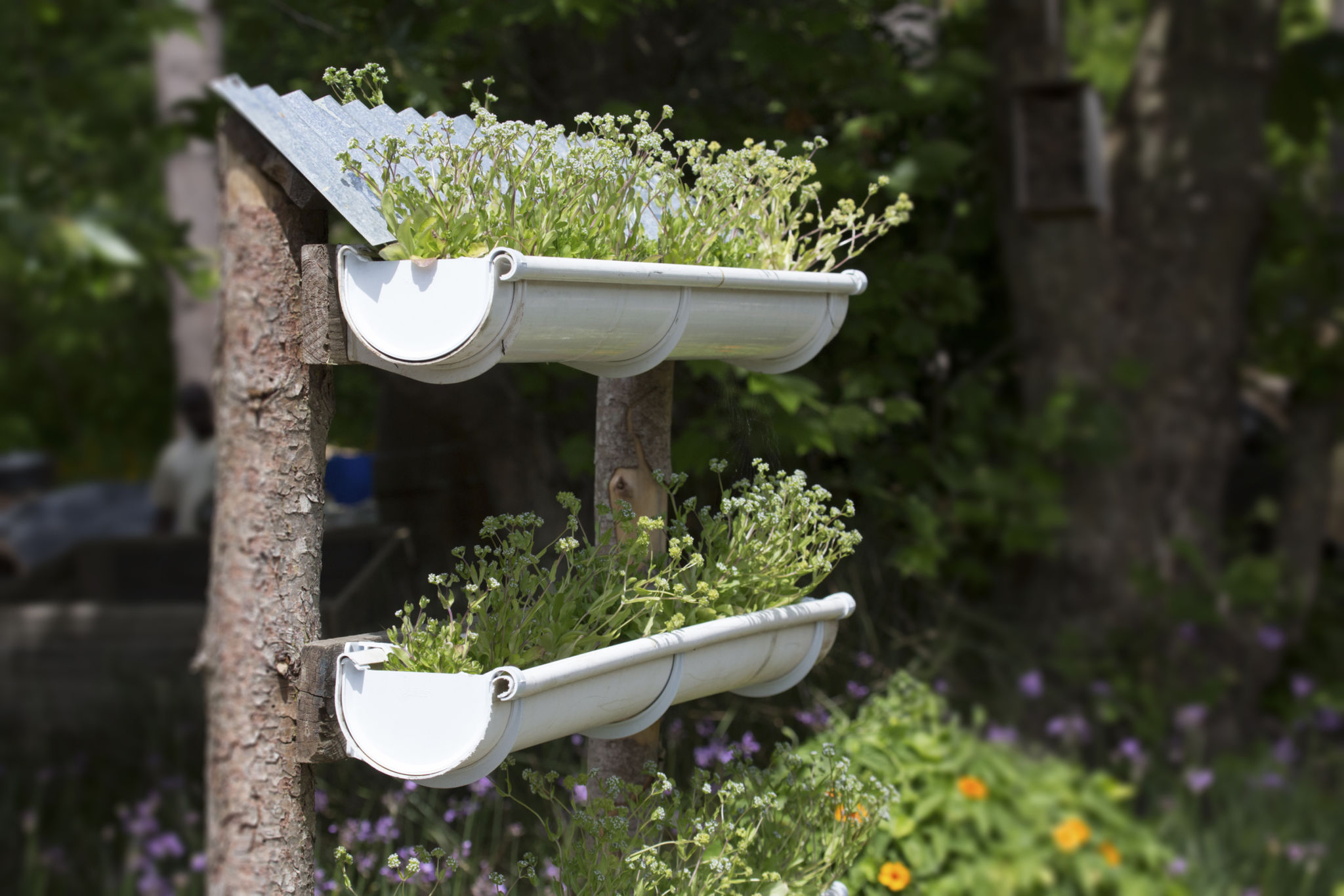A Guide to Sustainable Landscaping Practices in Greenville
Understanding the Importance of Sustainable Landscaping
As awareness of environmental issues grows, sustainable landscaping practices have become increasingly popular, particularly in urban areas like Greenville. These practices not only help in conserving resources but also create aesthetically pleasing environments that contribute to the well-being of the community. By adopting sustainable landscaping, you can significantly reduce water usage, lower energy consumption, and minimize waste production.

Water Conservation Techniques
Water is a precious resource, and conserving it is a significant aspect of sustainable landscaping. One effective technique is implementing a drip irrigation system, which delivers water directly to the roots of plants, reducing evaporation and runoff. Additionally, choosing drought-resistant plant species that are native to Greenville can help minimize the need for irrigation. These plants are adapted to the local climate and require less water to thrive.
Consider installing rain barrels to collect rainwater for watering your garden. This not only reduces your water bill but also makes use of a natural resource that would otherwise go to waste. Mulching is another excellent method to retain soil moisture, suppress weeds, and add nutrients to the soil, further aiding in water conservation.
Soil Health and Fertility
The foundation of any healthy landscape lies in its soil. Sustainable landscaping involves practices that enhance soil health without relying on chemical fertilizers. Start by conducting a soil test to understand its nutrient composition and pH level. Based on the results, you can amend the soil with organic matter such as compost, which improves soil structure and fertility.

Practicing crop rotation and planting cover crops can also benefit soil health. These techniques prevent nutrient depletion, reduce erosion, and improve organic matter content in the soil. Furthermore, they can help control pests and diseases naturally, reducing the need for chemical pesticides.
Energy-Efficient Landscaping
Sustainable landscaping isn’t just about plants; it also includes using energy-efficient designs and materials. Consider incorporating shade trees in strategic locations around your property. These trees can provide natural cooling during the hot summer months, reducing the need for air conditioning and lowering energy bills.
Another energy-efficient practice is using LED lighting for outdoor spaces. LED lights consume less energy and have a longer lifespan compared to traditional lighting options. Additionally, solar-powered lights are an excellent option for harnessing renewable energy while illuminating pathways and garden areas.

Biodiversity and Wildlife Habitats
Creating a landscape that supports biodiversity is a key component of sustainable practices. By choosing a diverse range of plants, you can attract various beneficial insects and pollinators such as bees and butterflies. Planting flowers with different blooming periods ensures that these creatures have a constant source of nectar throughout the year.
Incorporating elements like birdhouses, bat boxes, and small ponds can provide habitats for wildlife and promote a balanced ecosystem. These features not only enhance biodiversity but also add interest and beauty to your garden.
Waste Reduction Strategies
Reducing waste is essential in sustainable landscaping. One way to achieve this is by composting organic waste such as grass clippings, leaves, and kitchen scraps. Composting turns waste materials into nutrient-rich soil amendments that can be used to improve garden beds.
Additionally, consider reusing materials wherever possible. For example, old bricks or stones can be repurposed into garden paths or retaining walls, reducing the need to purchase new materials and minimizing waste sent to landfills.

Community Involvement and Education
Sustainable landscaping can be more effective when embraced by the community as a whole. Engaging in community garden projects or local environmental groups can expand your knowledge and inspire others to adopt sustainable practices. Workshops and educational events offer opportunities to learn about sustainable techniques and share experiences with fellow enthusiasts.
By promoting sustainability in landscaping within your community, you contribute to a healthier environment for everyone while fostering a sense of collaboration and shared responsibility.
